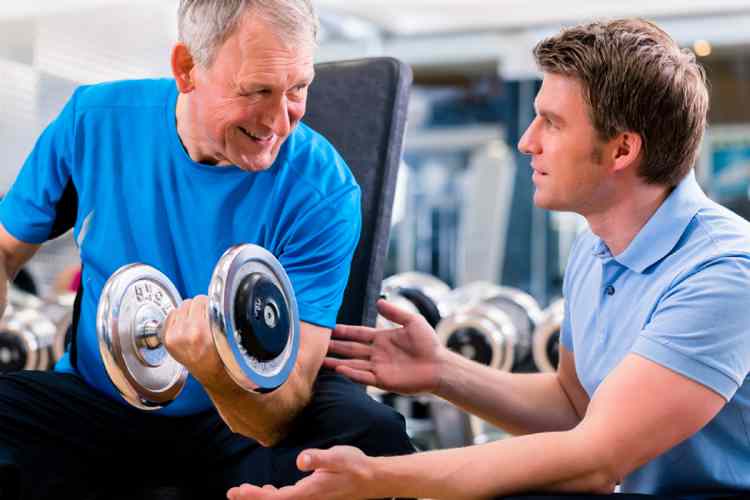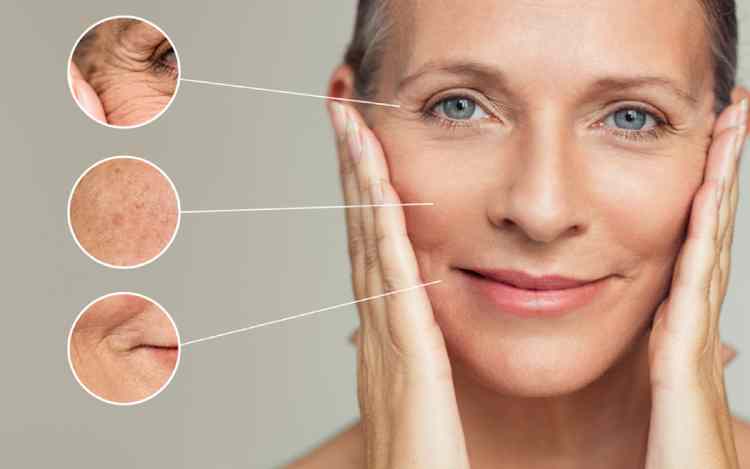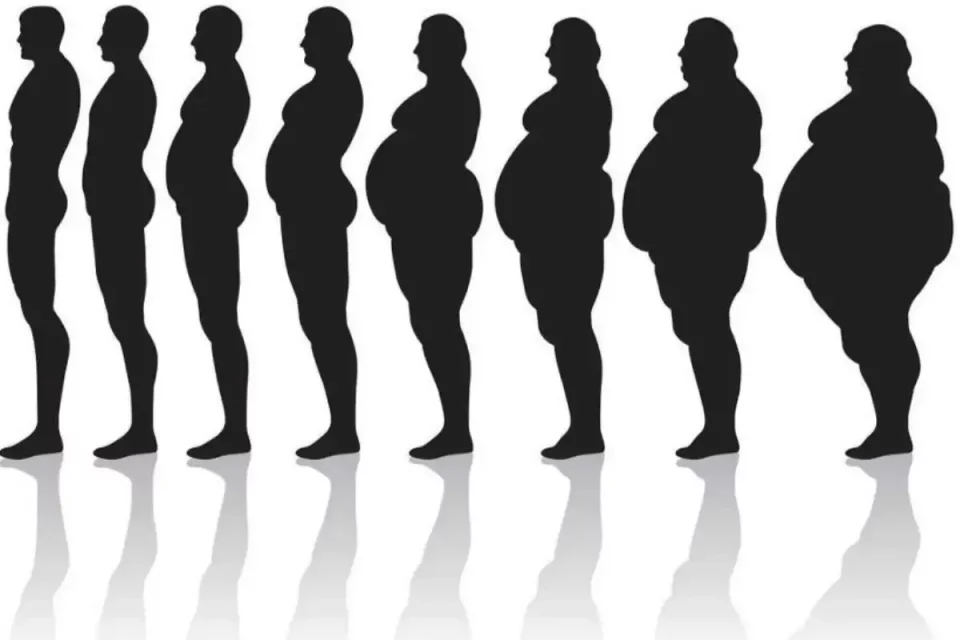Body Shape age – As we get older, our bodies change. Some changes happen gradually over time, while others can happen quite suddenly. So it’s natural to become curious about what these changes mean and how they will affect our lives Together, we’ll explore some of the most common body shape changes that occur with aging and provide tips on dealing with them.
Remember that everyone is different, so not everyone will experience every change described here. But if you’re feeling uncertain about what’s happening to your body, this post can help give you some peace of mind. From dry skin and thinning hair to shrinking muscles and decreased bone density, here are some of the most common ways our bodies change as we age.
Table of Contents
Decrease in Muscle Mass
One of the most common changes that people experience as they age is decreased muscle mass. This process, known as sarcopenia, can begin as early as 30. While it’s natural to lose some muscle mass as we age, there are things we can do to slow down the process.
Regular exercise is great to maintain muscle mass and strength. But, while going for a brisk walk or a jog is great, cardio shouldn’t be the only focus. As we age, it’s essential to include strength training in our workouts. This can include lifting weights at home or taking a class at the gym.
Eating a healthy diet is also vital for maintaining muscle mass. Include plenty of protein-rich foods. There are great options for all tastebuds including fish, lean meats, eggs, and beans. And don’t forget to stay hydrated! Drinking enough water is essential for keeping our muscles healthy and strong.

Bone Density Changes
Another standard change that occurs with aging is a loss of bone density. This condition, called osteoporosis, affects both men and women. Osteoporosis can increase the risk of fractures, particularly in the hip, spine, and wrist.
Reducing your risk of osteoporosis isn’t as hard as you think. Focus on upping calcium and vitamin D intake, doing regular weight-bearing exercise, and avoiding smoking. These are good ways to keep your bones healthy.
Sources of calcium and vitamin D include dairy products, leafy green vegetables, and fortified foods such as orange juice. Also consider taking daily supplements to help out. If you think you’re at risk for osteoporosis, talk to your doctor about getting a bone density test.
Hormonal Changes
As we age, our hormone levels change. For women, this can cause various symptoms, including hot flashes, night sweats, vaginal dryness, and a low sex drive. These changes are most common in women who are going through menopause. Likewise, men might experience some hormonal changes as they age, particularly a decrease in testosterone. This can lead to a loss of muscle mass, a reduction in sex drive, and erectile dysfunction.
There are treatments available for hormonal changes, including the ability to do hormone testing at home to get a diagnosis. Talk to your doctor about your options if you’re experiencing bothersome symptoms, and work on developing a plan that’s right for you.
Skin Changes
Wrinkles, dryness, and thinning are common skin changes that occur with aging. These changes are caused by a decrease in the production of collagen and elastin, two substances that help keep skin firm and elastic.
You can do several things to combat these changes, and it starts with a simple yet effective skincare routine. You’ll want to ensure you’re washing your face with a gentle cleanser designed for your skin type, using a sunscreen with an SPF of 30 or higher, and applying a moisturizer daily.

In addition, there are several anti-aging products available on the market that can help improve the appearance of wrinkles and fine lines. Look for products containing retinol, an ingredient shown to reduce the signs of aging in clinical studies.
And, of course, staying hydrated by drinking plenty of water can also help keep the skin looking its best. Hydrated skin is happy skin.
Thinning Hair
As we age, our hair often becomes thinner and lighter. This change is caused by a decrease in melanin production, the pigment that gives hair its color. While thinning hair is a natural part of aging, with many men experiencing baldness by the age of 50, there are things you can do to prevent or slow down the process.
Eating a healthy diet and getting enough protein can help keep your hair strong and healthy. Avoiding harsh chemicals and using gentle shampoo and conditioners can also help prevent thinning hair. Lastly, special products are designed to unclog hair follicles and promote hair growth. Talk to your doctor or a dermatologist about these options if you’re concerned about thinning hair.
Weight Gain
Many people find that they gain weight as they age. This weight gain is often due to decreased muscle mass and a slower metabolism. But it can also be due to a lack of physical activity. You can do several things to prevent weight gain, including eating a healthy diet and getting regular exercise.
If you’re concerned about your weight, talk to your doctor or a registered dietitian about ways to maintain a healthy weight.
Final Thoughts
These are just a few of the most common changes that occur as we age. Remember, everyone experiences aging differently, so don’t be alarmed if you don’t notice all of these changes in your own body. Just be sure to listen

